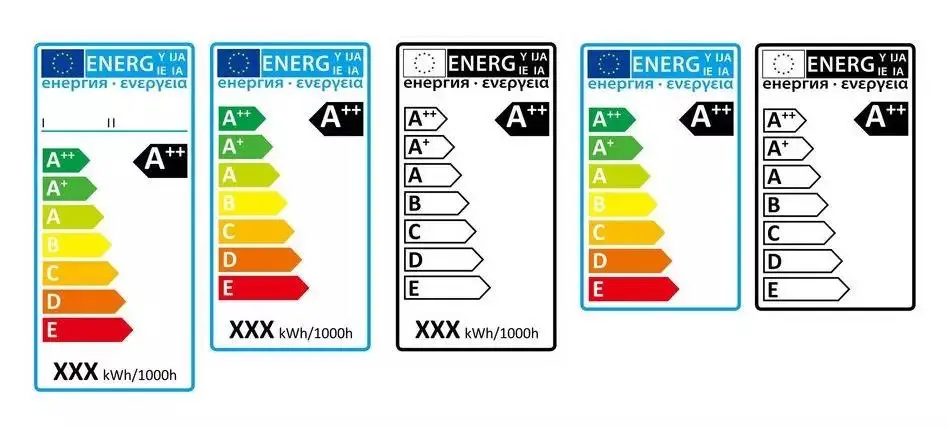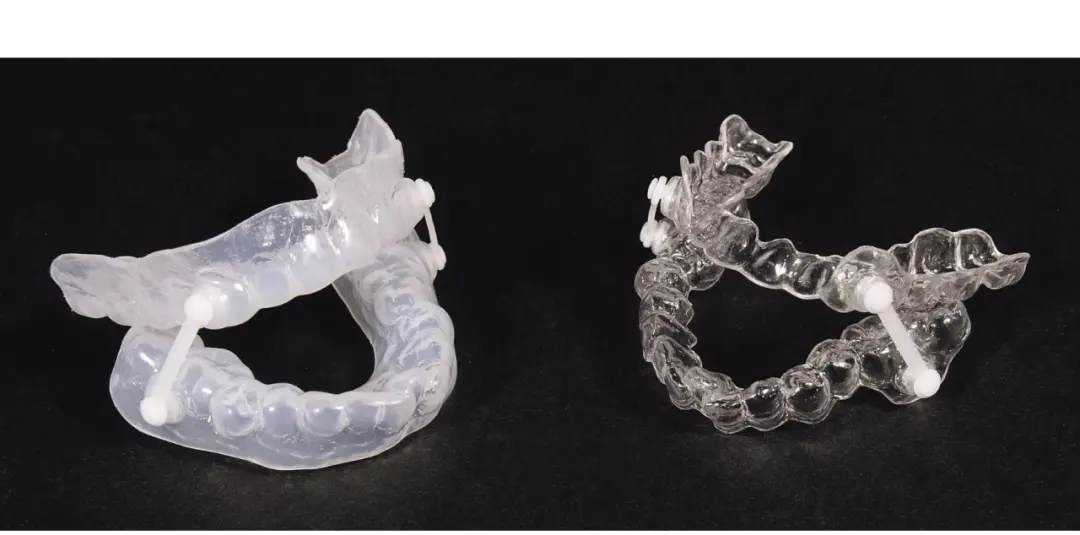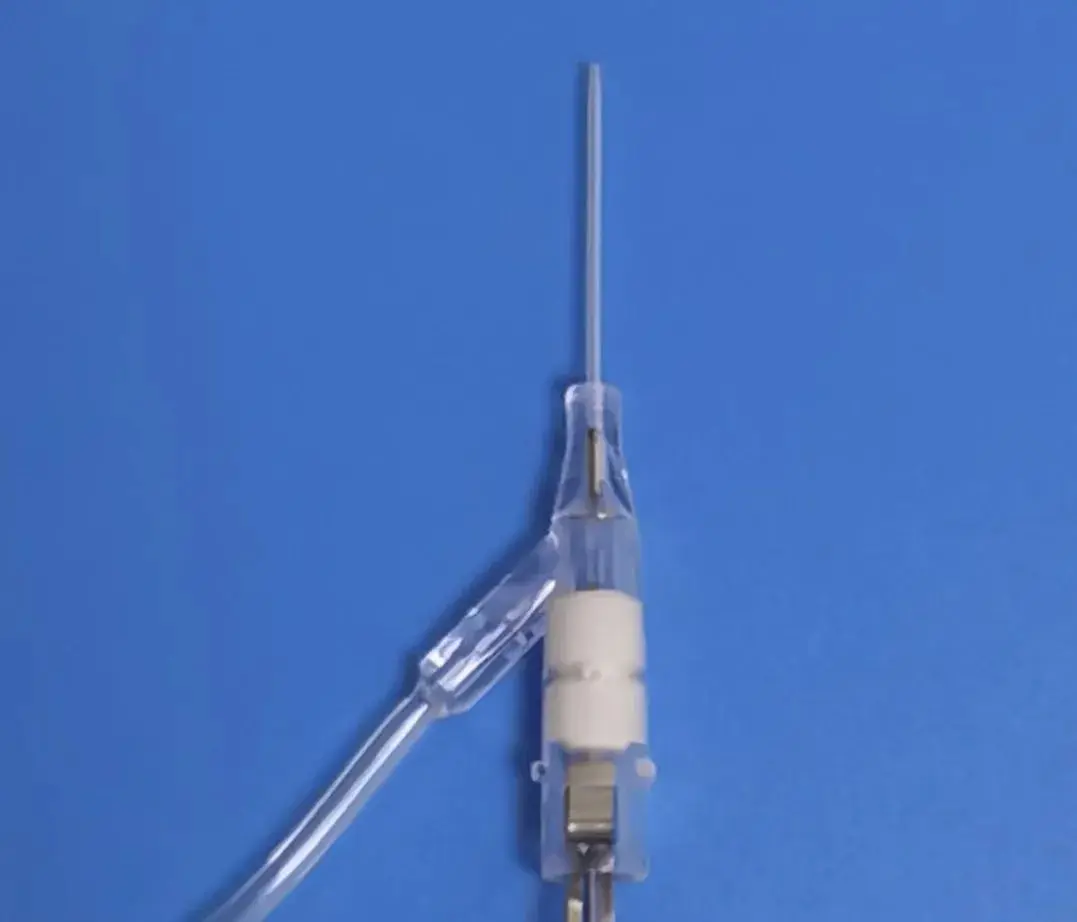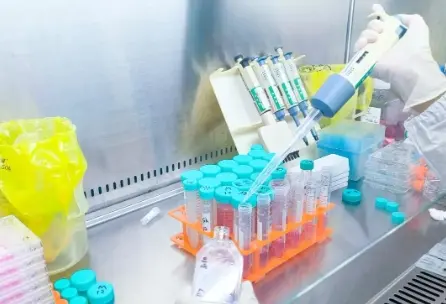
Which products need EU ErP directive Certification?
What is EU ErP Certification?
ErP stands for Energy-related Products. These products significantly impact the environment throughout their lifecycle, from production and distribution to usage, in terms of consumption of raw materials and natural resources (such as water), waste generation, emission of harmful substances, environmental pollution, and climate change due to energy consumption.
The EU introduced the erp directive to establish a coherent legal framework for the eco-design requirements of energy-consuming products, aiming to achieve the following:
1. Free circulation of energy-related products within the EU.
2. Improve the overall environmental performance of these products and thereby protect the environment.
3. Ensure energy supply security and enhance the competitiveness of the EU economy.
4. Protect the interests of both industry and consumers.
ErP Certification Mark

Relationship between ErP and CE certification
The ErP directive falls under the CE marking requirements. If a product to be sold in the European market falls within the scope of CE marking, it must carry the CE mark. Additionally, some authoritative foreign certification bodies can provide the ErP mark for market promotion.
Does Energy Star recognition imply compliance with ErP certification?
No, Energy Star is a U.S. certification mark and cannot be used as proof of compliance with EU directives. Currently, the European ecolabel can be used as a compliance mark.
Scope of ErP Certified Products
The EU mandates that all electronic and electrical products sold in Europe must meet ErP testing or certification requirements (energy efficiency requirements for energy-related products).
- IT Products: Switch power supplies, linear power supplies, chassis power supplies, portable solar chargers, USB-powered lights, fans, MP3/MP4 players, network cameras, digital voice recorders, network switches, routers, USB drives, USB card readers, optical machines, optical transceivers, external hard drives, LCD monitors, laptops, desktop computers, gaming consoles, learning machines, cash registers, bill counters, POS machines, printers, scanners, plotters, projectors, etc.
- Audio-Video Products: LCD TVs, VCD/DVD players, stereo systems, radios, set-top boxes, electronic musical instruments, multimedia recorders/players, etc.
- Lighting Products: Energy-saving lamps, LED lights, table lamps, wall lamps, ceiling lights, floor lamps, electronic transformers, fluorescent lamp ballasts, dimmers, T4/T5/T8 fixtures, grille lights, spotlights, cabinet lights, street lights, garden lights, etc.
- Home Appliances: Electric irons, rice cookers, ovens, hair dryers, hair straighteners, electric kettles, microwave ovens, induction cookers, warm air fans, household fans, range hoods, juicers, toasters, vacuum cleaners, washing machines, water dispensers, refrigerators, freezers, air conditioners, humidifiers, dehumidifiers, electric blankets, exhaust fans, bathroom heaters, disinfection cabinets, solar water heaters, massage devices, treadmills, massage chairs, etc.
- Power Tools: Welding machines, AC voltage stabilizers, transformers, outdoor LED electronic billboards, DC power supplies, oscilloscopes, multimeters, electronic clocks, electronic watches, electronic scales, etc.
- Vehicle Wireless Products: Reversing radars, car amplifiers, car audio systems, car DVDs, car monitors, car TVs, GPS (non-wireless), car chargers, car inverters, wireless doorbells, wireless thermometers/hygrometers, wireless mice, wireless keyboards, wireless game controllers, wireless network cards, wireless routers, Bluetooth products, wireless remote controls, car MP3 players, FM transmitters, etc.
How to Effectively Obtain ErP Certification?
Conduct product conformity assessments according to the internal design control procedures outlined in Annex IV of Directive 2005/32/EC.
A simple and effective method for conformity assessment is to refer to Annex IV of the EuP directive, which includes:
1. Providing an LCA (Life Cycle Assessment) environmental footprint report for the product.
2. Providing test reports as required by the eco-design implementation regulations.
3. Providing relevant required information.
However, the most effective method is internal control.
Does ErP certification require factory inspection?
No, factory inspection is not required.
ErP Certification Cycle
Typically around two weeks, with expedited services available at an additional cost.
ErP Certification Costs
The ErP certification costs at JJR Laboratory range from $100 to $150.
Email:hello@jjrlab.com
Write your message here and send it to us
 Toothbrush FDA Certification Testing
Toothbrush FDA Certification Testing
 Snoring Device FDA 510k Standard Testing
Snoring Device FDA 510k Standard Testing
 Single Use Intravenous Catheter Certification Test
Single Use Intravenous Catheter Certification Test
 Silicone Material Product Compliance Certification
Silicone Material Product Compliance Certification
 What to Do If Cytotoxicity Test Results Are Positi
What to Do If Cytotoxicity Test Results Are Positi
 ISO 10993:5 Cytotoxicity Testing Methods
ISO 10993:5 Cytotoxicity Testing Methods
 FDA ISO 10993-1 Biocompatibility Evaluation Guidel
FDA ISO 10993-1 Biocompatibility Evaluation Guidel
 In Vitro Cytotoxicity Testing for Medical Devices
In Vitro Cytotoxicity Testing for Medical Devices
Leave us a message
24-hour online customer service at any time to respond, so that you worry!




